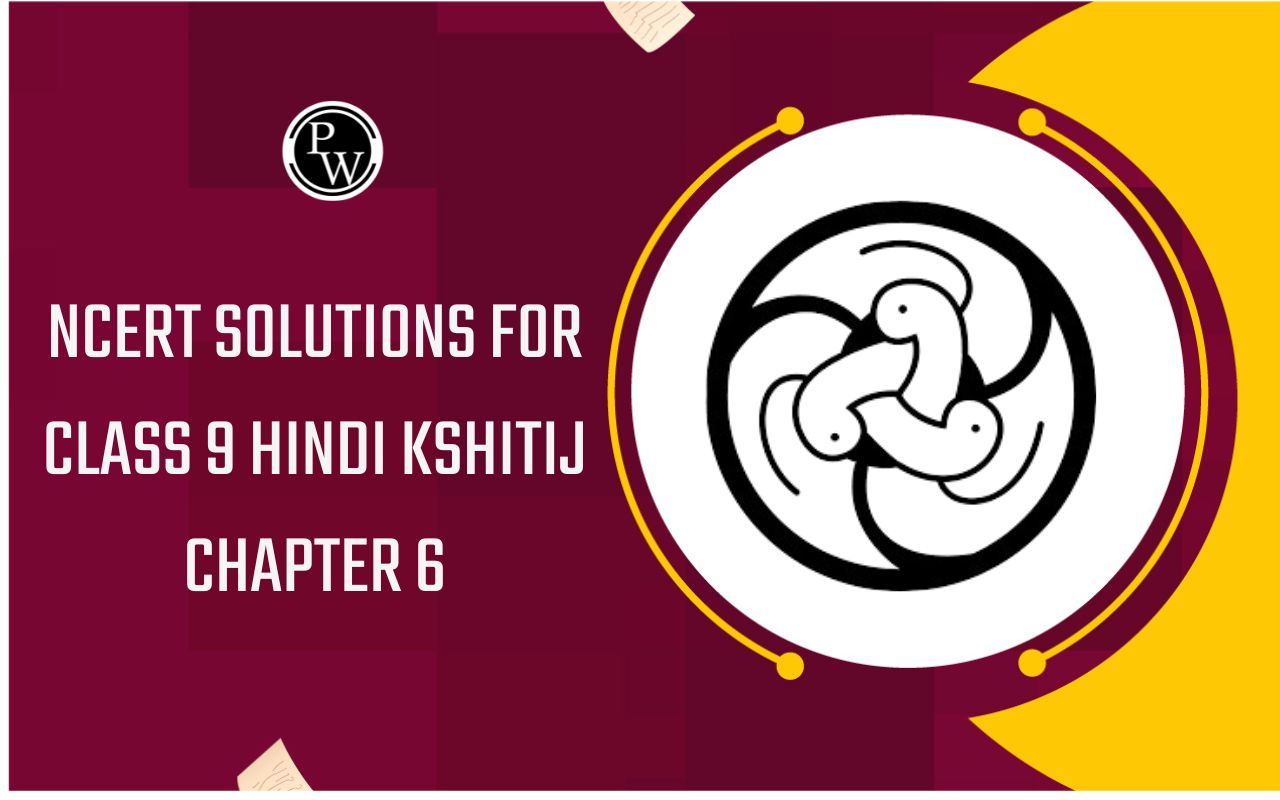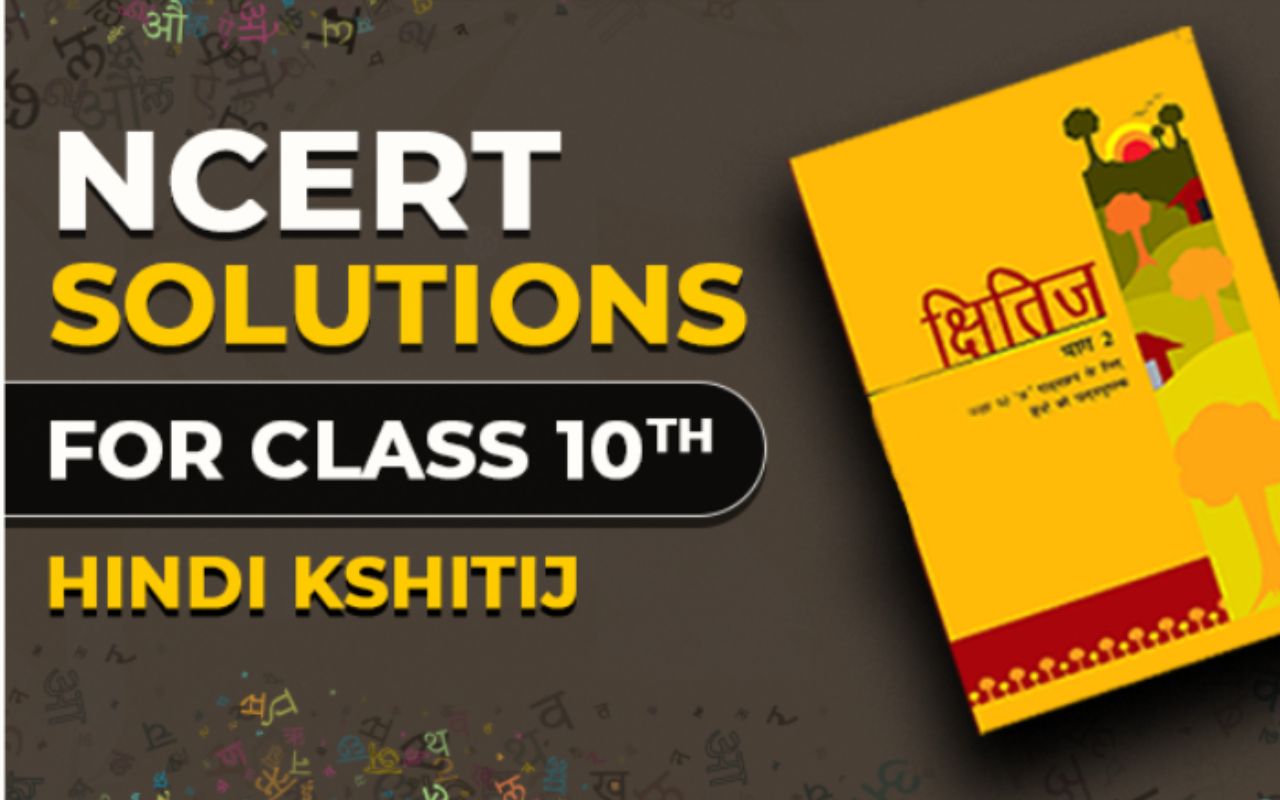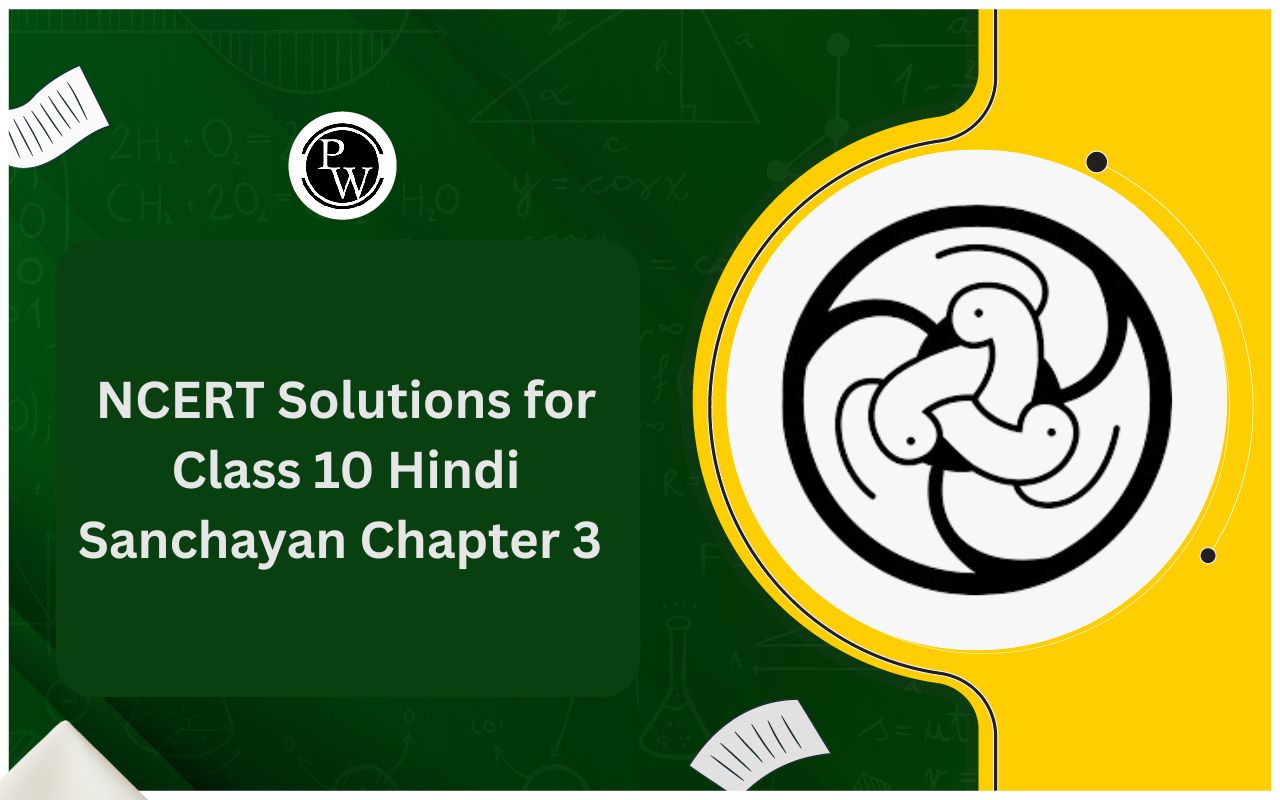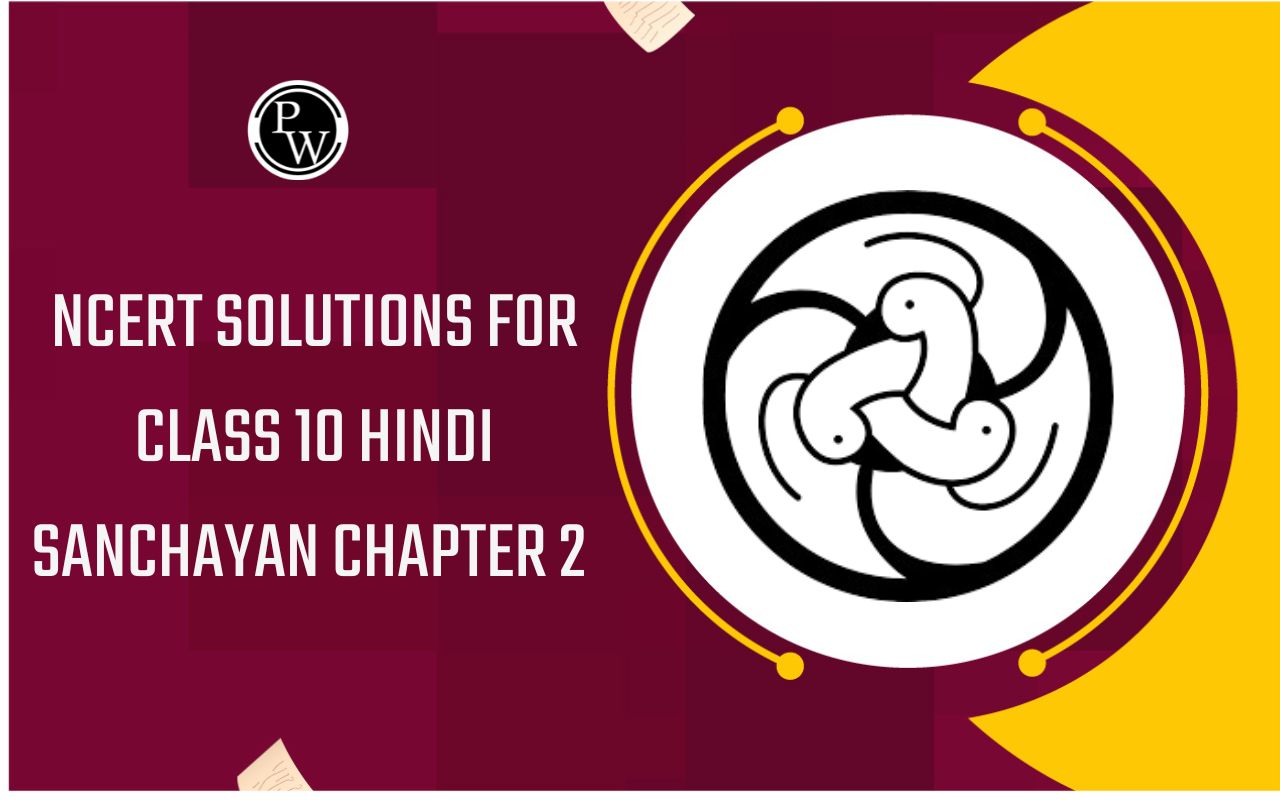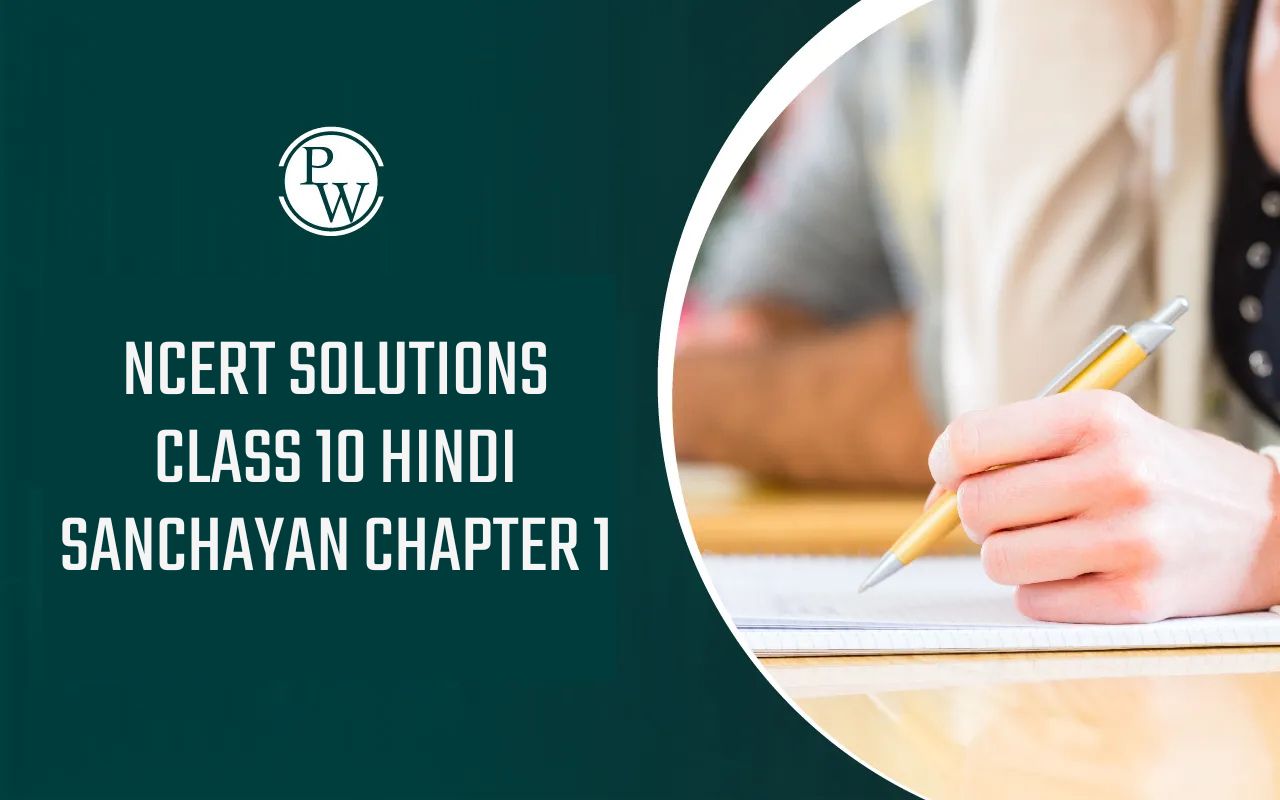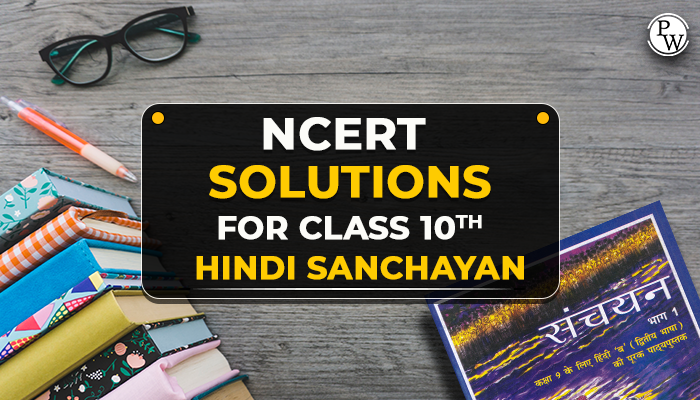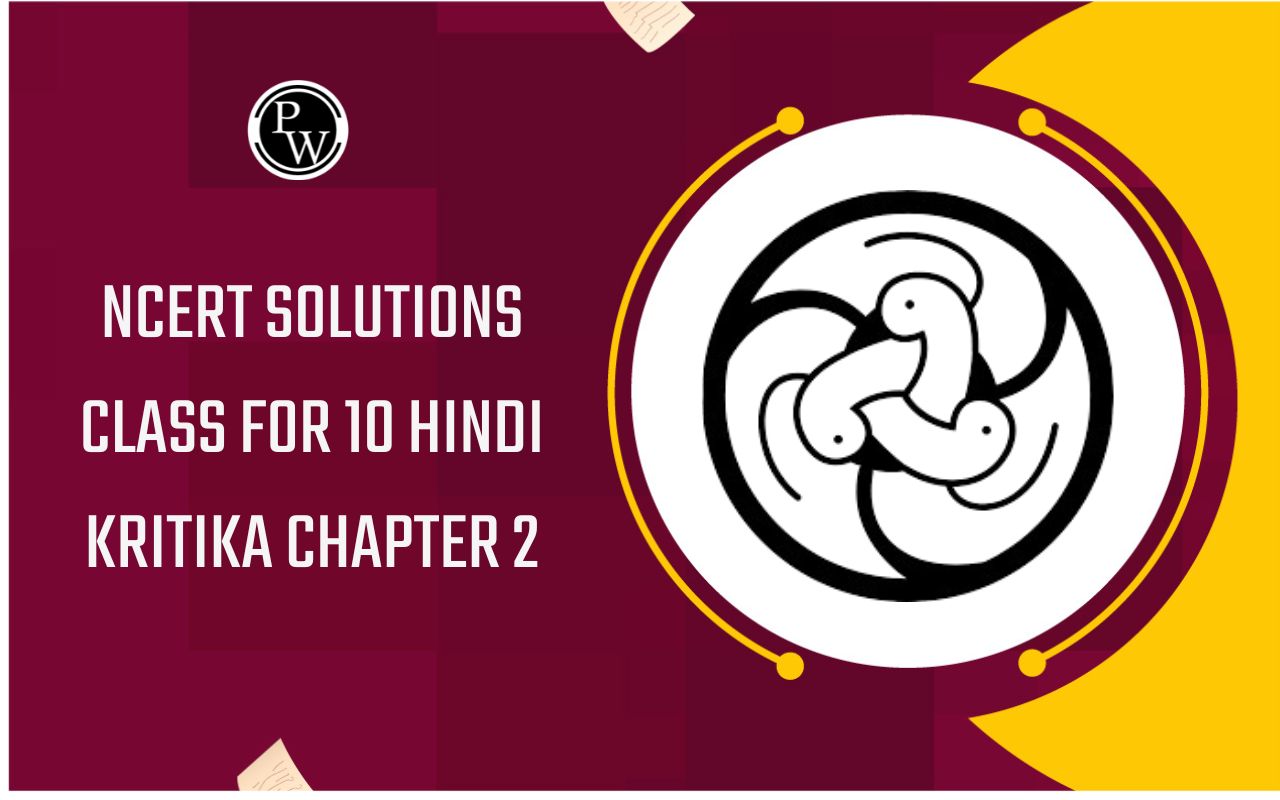
NCERT Solutions for class 8 History Chapter-4
Jul 10, 2024, 16:45 IST
Chapter 4 - Tribals, Dikus and the Vision
Find below NCERT Solutions for class 8 History Chapter 4 - Tribals, Dikus and the Vision prepared by Academic team of Physics Wallah. Do follow our NCERT Solutions for other subject like NCERT solutions for class 8 Maths and NCERT solutions for class 8 Science.
You can also get the Class 8 Social Science Notes from here.
Let's Recall
Q1. Fill in the blanks:
a) The British described the tribal people as __________
b) The method of sowing seeds in Jhum cultivation in India is known as ______
c) The tribal chiefs got _______titles in central India under the British land settlement.
d) Tribals went to work in the _________ of Assam and the _______in Bihar.
Ans. (a) wild nomads, shifting cultivators (b) shifting cultivation (c) Sirdars (leaders) (d) tea gardens, indigo plantations.
Q2. State whether true or false:
a) Jhum cultivators plough the land and sow seeds.
b) Cocoons were bought from the Santhals and sold by the traders at five times the purchase price.
c) Birsa urged his followers to purify themselves, give up drinking liquor and stop believing in witchcraft and sorcery.
d) The British wanted to preserve the tribal way of life.
Ans. (a) True (b) True (c) True (d) False.
Let's Discuss
Q3. What problems did shifting cultivators face under British rule?
Ans. The problems faced by shifting cultivators under British rule were:
- They had to give up their traditional way of life.
- They had to practice settled plough cultivation which was not easy.
- They had to face the scarcity of water and dry soil. Their land was measured; the rights of each individual to that land were defined.
- The revenue demand for the state was fixed.
Q4. How did the powers of the tribal chiefs change under colonial rule?
Ans. Following were the changes in the powers of tribal chiefs under colonial rule:
- They were allowed to keep their land titles over a cluster of villages and rent out lands, but they lost much of their administrative power and were forced to follow laws made by British officials in India.
- They also had to pay tribute to the British.
- They had to discipline the tribal groups on behalf of the British.
- They were unable to fulfill their traditional functions.
Q5. What accounts for the anger of Tribals against the dikus?
Ans. The forest law, introduced by the Britishers was the accounts of the anger of the tribals. The tribals disobeyed these new forest laws/rules, and continued with the practices that were declared illegal and at time rose in open rebellion.
Q.6. What was Birsa’s vision of golden age? Why do you think such a vision appealed to the people of the region?
Ans. Birsa’s vision of a golden age was:
- To free the Mundas from the oppression of Dikus.
- To restore the ancestral rights of the community.
- To see themselves as the descendants of the original settlers of the region, fighting for their land, reminding people of the need to win back their region.
I think such a vision appealed to the people of the region because it reminded them of a golden age in the past when Mundas lived a good life, constructed embayment, tapped natural spring, planted trees and orchards, practiced cultivations to earn their living. They could now again live a life of brother and relative.
Q7. Find out from your parents, friends or teacher, the names of some heroes of other tribal revolts of the 20th Century. Write their story in your own word.
Ans. Try it yourself.
Guidelines: Explore the internet to know about any tribal revolt which occurred in the 20th century. Find out the cause, main leaders and events leading to the revolt. At the end collect the data in brief and write it on your notebook.
Q8. Choose any tribal group living in India today. Find out about their customs and way of life and how their lives have changed in the last 50 years.
Ans. Among the tribal groups the Santhals have well organized social structure. Some of the customs and ways of life of tribal people were the following:
- Most of the tribals are ignorant about the outside world and are happy with their own customs, beliefs and culture.
- The tribal women are fond of wearing jewelry which is made of animal or forest products.
- Tribals are fond of diverse forms of dances and music.
- The tribals are engaged in varieties of activities:
- Some of them practiced shifting cultivation.
- Some are hunter-gatherers.
- Some reared animals.
- They worshipped the force of nature. The life tribals changed significantly after independence. They have now become an integral part of the society. Some have taken many measures for the upliftment.
Let's Imagine
Imagine you are a Jhum cultivator living in a forest village in the nineteenth century. You have just been told that the land you were born on no longer belongs to you. In a meeting with British officials you try to explain the kinds of problems you face. What would you say?
Ans. We will try to explain to the British officials the following kinds of problems:
- We are lovers of nature and natural surroundings.
- We subsist on forest and on the local resources. If you will take away our natural rights to the forest, water and land we will be unable to procure our basic needs. Our economic activities like hunting, food gathering, fishing, cattle breeding, axes cultivation and plough cultivation will be disturbed.
Find below pdf of NCERT Solutions for class 8 History Chapter 4 - Tribals, Dikus and the Vision



